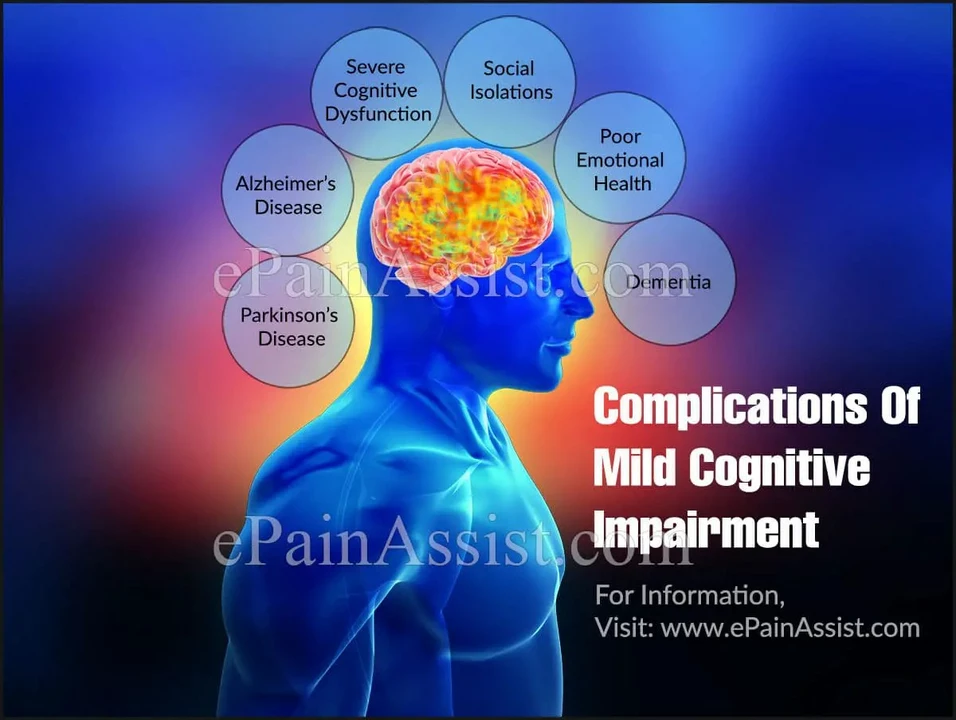Enhancing Communication and Connection
Alzheimer's patients often experience a decline in their ability to communicate effectively, which can lead to feelings of isolation and loneliness. Social interaction plays a crucial role in helping them maintain their language skills and stay connected with others. By encouraging conversations, sharing memories, and engaging in storytelling, we can help our loved ones with Alzheimer's feel more understood and supported. It is essential to create an environment where they feel comfortable expressing themselves and are met with patience and empathy.
Boosting Cognitive Function
Regular social interaction can help improve cognitive function in Alzheimer's patients. Engaging in activities that involve problem-solving, memory recall, and decision-making can provide mental stimulation that helps slow down the progression of the disease. Activities such as playing cards, doing puzzles, or participating in group discussions can provide the cognitive challenges needed to keep the brain active and engaged. By incorporating social activities into our loved one's daily routine, we can help them maintain their cognitive abilities for as long as possible.
Improving Emotional Well-being
Living with Alzheimer's can be an emotionally challenging experience for both the patient and their families. Social interaction plays a vital role in promoting emotional well-being by providing opportunities for laughter, companionship, and emotional support. By participating in social activities, Alzheimer's patients can experience an improved mood, reduced feelings of stress and anxiety, and overall increased quality of life. It is important for caregivers to encourage their loved ones to engage in activities they enjoy and to create opportunities for meaningful social connections.
Encouraging Physical Activity
Physical activity is an essential component of overall health and well-being, and it is especially important for Alzheimer's patients. Social interaction often involves engaging in physical activities, such as walking, dancing, or participating in group exercise classes. These activities can help improve cardiovascular health, maintain muscle strength, and promote better sleep. Additionally, regular physical activity has been shown to improve cognitive function and reduce the risk of depression. By encouraging our loved ones with Alzheimer's to engage in social activities that involve physical movement, we can help them maintain their physical and mental health.
Promoting a Sense of Belonging
Alzheimer's patients can often feel isolated and disconnected from the world around them. By engaging in social activities, they can develop a sense of belonging and maintain their sense of identity. Participating in group activities or attending social events can provide patients with the opportunity to interact with others who share similar interests and experiences. These connections can help them feel valued, respected, and part of a community. Caregivers can play a crucial role in facilitating these social connections by encouraging their loved ones to attend support groups or participate in activities tailored to their interests and abilities.
Reducing Caregiver Stress
Being a caregiver for a loved one with Alzheimer's can be an emotionally and physically demanding job. Social interaction can provide caregivers with much-needed respite and support. By encouraging our loved ones to engage in social activities, we can create opportunities for ourselves to connect with other caregivers, share experiences, and exchange advice. These connections can help reduce feelings of stress, anxiety, and burnout that are common among caregivers. Additionally, when our loved one is engaged in social activities, we can take the time to care for our own well-being and maintain a healthy balance in our lives.


sarat babu
May 7, 2023 AT 04:03Tanya Willey
May 7, 2023 AT 10:59Wiley William
May 8, 2023 AT 00:40Richard H. Martin
May 8, 2023 AT 08:48Tim H
May 8, 2023 AT 11:07Ifeoluwa James Falola
May 9, 2023 AT 05:18Adam Phillips
May 9, 2023 AT 09:23Julie Lamb
May 10, 2023 AT 01:55april kakoske
May 11, 2023 AT 00:24Pradeep Meena
May 11, 2023 AT 11:58May Zone skelah
May 12, 2023 AT 04:34Dale Yu
May 12, 2023 AT 12:03Kshitij Nim
May 12, 2023 AT 19:01Scott Horvath
May 13, 2023 AT 14:37Matt Renner
May 14, 2023 AT 05:35Umesh Sukhwani
May 15, 2023 AT 02:05Wayne Rendall
May 15, 2023 AT 02:41sarat babu
May 15, 2023 AT 20:45Tanya Willey
May 16, 2023 AT 14:55Ramesh Deepan
May 17, 2023 AT 12:00